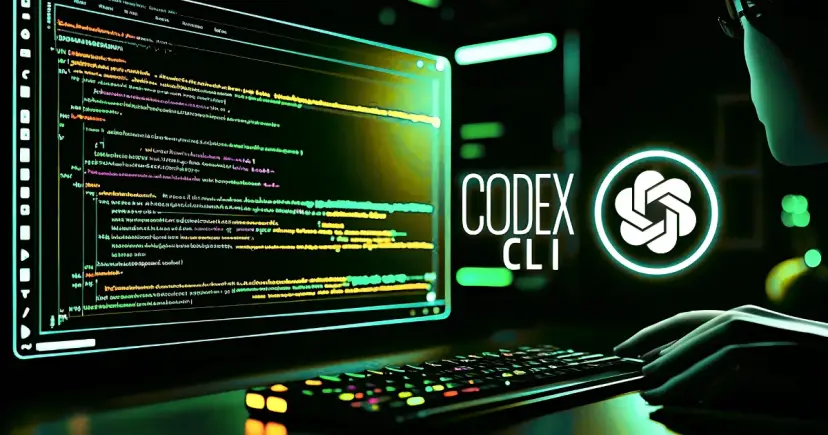OpenAI has officially launched Codex, its most advanced AI coding agent to date, as part of a research preview now available within ChatGPT. Powered by the codex-1 model—a specialized version of OpenAI’s o3 AI optimized for software engineering—Codex aims to assist developers by automating and accelerating common programming tasks.
What is OpenAI Codex?
Codex is designed to function as a virtual software engineer, capable of:
- Writing features and fixing bugs
- Answering questions about codebases
- Running and validating tests iteratively
- Handling multiple development tasks simultaneously
The agent operates in a cloud-based sandbox environment and can preload code repositories from GitHub for seamless integration into a developer’s workflow.
Codex Availability and Pricing
Codex is rolling out today to subscribers of ChatGPT Pro, Enterprise, and Team plans. OpenAI states that users will initially receive “generous access,” but rate limits will apply in the coming weeks. Additional credits will be available for purchase.
Support for ChatGPT Plus and ChatGPT Edu users is expected to follow soon.
How Codex Works
Accessible through ChatGPT’s sidebar, Codex allows users to assign tasks via a “Code” button and query their codebase with the “Ask” button. Users can track task progress in real-time and continue to use their computer while Codex runs in the background.
OpenAI envisions Codex as a “virtual teammate,” with the long-term goal of autonomously completing development work that would typically take human engineers hours or days.
Security and Limitations
Codex operates in an air-gapped, virtual machine, meaning it has no access to the internet or external APIs. This mitigates the risk of misuse and ensures it cannot be exploited for creating malicious code.
Despite these safeguards, OpenAI acknowledges that AI coding agents can still make mistakes, echoing findings from recent studies on debugging inconsistencies in models like Claude Code and Gemini Code Assist by Google DeepMind.
Codex CLI and API Updates
In parallel, OpenAI is updating its Codex CLI (terminal-based coding agent) with an o4-mini model optimized for software engineering. This model is now available via OpenAI’s API pricing page at a rate of $1.50 per 1M input tokens and $6 per 1M output tokens.
Competitive Landscape and Industry Impact
Codex’s launch intensifies the competition in the AI coding tools market, which has seen rapid growth in 2025. Platforms like Cursor have already achieved $300 million in annualized revenue, and OpenAI is reportedly acquiring Windsurf, another top AI coding platform, for $3 billion.
Read the full coverage at TechCrunch.
Conclusion: A Step Toward the Future of Software Development
OpenAI’s Codex is more than just an upgrade to ChatGPT—it represents a pivotal step toward autonomous AI in software engineering. As companies increasingly rely on AI to accelerate development, tools like Codex could become essential teammates in every developer’s toolkit.
Stay tuned as OpenAI continues to expand access and capabilities for Codex, shaping the future of code with the power of AI.
Related Reading:
How AI Is Transforming Software Development in 2025
AI Tools Comparison: ChatGPT vs Claude vs Gemini
Top Features of ChatGPT Pro for Developers


